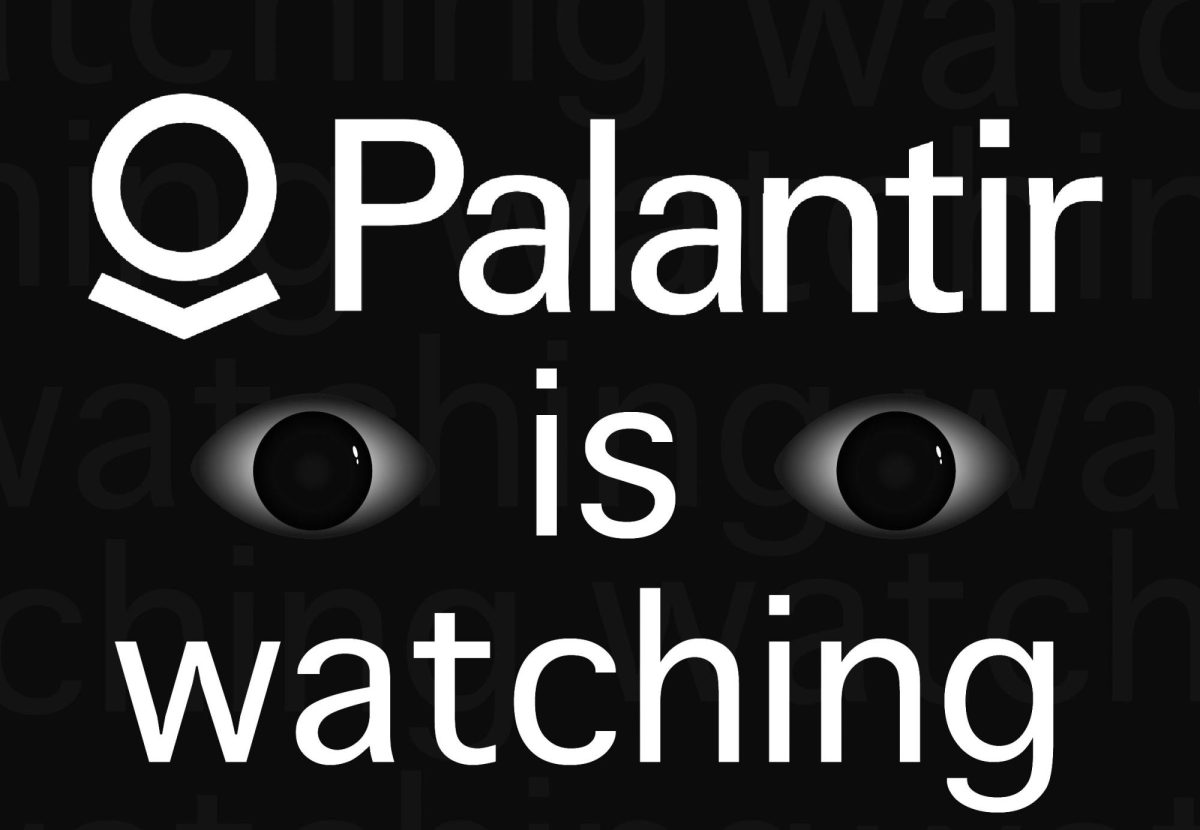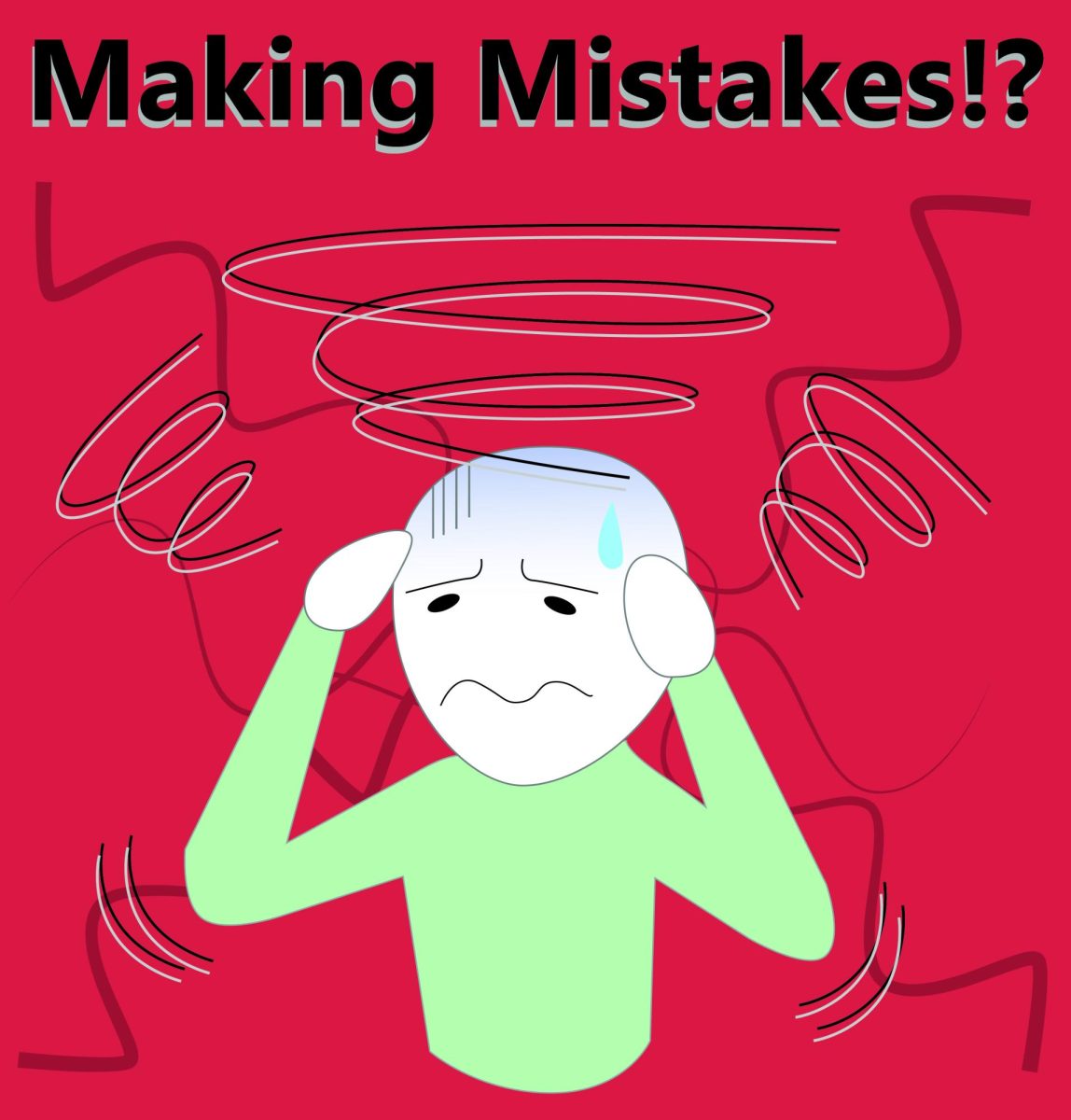As the Trump administration nears its first year in the White House, student media has seen an increased attack rate by the government. By trying to silence students, this administration has sued universities, detained students, even if they have a student visa, to even raiding the student. With all these attempts, they are trying for student journalists to censor their own pieces of work.
The event that caused most fear in censorship in the student media came when Rumeysa Ozturk, a PhD student at Tufts University, was detained by ICE, and was threatened to get deported because the government accused his works as Anti-Israel, and that supported terrorist organizations. It has gotten concerning, that on April 4, the Student Press Law Center, passed a guideline, which forces many student newspapers to be flexible on removing stories if requested so. Michael Hiestland, a staff attorney from within the center stated, “The world is different now, and so I think our response has to be different.” Even if they did this for the safety of students, it ruins the purpose of “defending and advancing the free press rights of student journalists.”
In the Executive Order (EO), “Restoring Freedom of Speech and Ending Federal Censorship,” section 1, it states, “The First Amendment to the United States Constitution, an amendment essential to the success of our Republic, enshrines the right of the American people to speak freely in the public square without Government interference,” and yet, they have gone out and targeted students for criticizing the administration. The attack on student media will continue to rise because the government knows that college students don’t have the same resources as big media companies such as NBC, CBS and ABC.

Even if they try to reverse the EO and censor students, the organization National Coalition Against Censorship, have dedicated themselves to protect the freedom of expression for everyone in the United States. Which offer resources in order to not have their stories censored by the government.
Media suppression is on the rise yet again with a specific goal of suppressing student voices in the media at the local, state and national level. In February 2025, UT Dallas’ student-run paper, The Retrograde, was launched in lieu of backlash from the previous student publication The Mercury. Gregorio Olivares Gutierrez, the Editor-In-Chief (of The Retrograde) heavily covered and amplified the Pro-Palestinian protests on campus. As a result, UTD newsstands were banned on campus following administrative actions. This is a direct example of the suppression of student voices and how universities are implicit in the infringement of the First Amendment. Administrators attempting to carefully curate a marriage that is best suited for personal interest is a clear violation of the integrity and honesty of news reporting.
Under the current administration, Texas has also followed suit on suppressing student voices. Under the new Senate Bill 2972, public universities and colleges would have to adopt policies that prohibit certain “expressive” activities. If enacted, student media would be banned from providing coverage for critical events on and around campus. Many schools, including University of Houston and UT Dallas, have filed a lawsuit against the bill in defense for the right to expression.
As described by The Texas Tribune, “Courts have repeatedly ruled that the First Amendment forbids college administrators from censoring or taking adverse action against student publications unless they can show a story would lead to a violent disruption in the educational environment.” Even with the court’s ruling, the right to free speech and expression has been infringed upon repeatedly. Student-led and student-run media sources not only have the liberty, but the legal right to create content that best serves the collegiate public without any enforcement from any administrative consequence.
Engaging and supporting student media during these times is of utmost importance. Newsstands on your campus, the link to the online version of papers and talking to your newspaper staff are excellent ways of supporting student voices during this time of censorship. Student voices also include yours!
Speaking out against student voices being disregarded in your communities, classes, and homes aids in the fight against media suppression. Your voice is your power, wield it for good.







